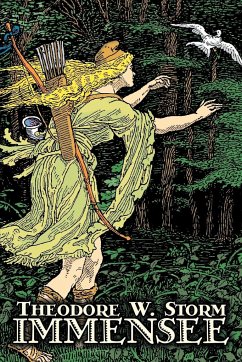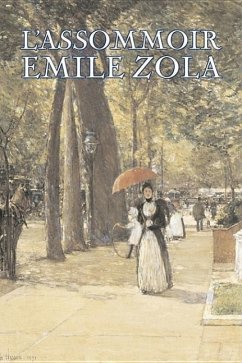
Sidonia the Sorceress, Volume I of II by Wilhelm Meinhold, Fiction, Literary, Fantasy, Horror, Fairy Tales, Folk Tales, Legends & Mythology
Versandkostenfrei!
Versandfertig in 1-2 Wochen
19,99 €
inkl. MwSt.

PAYBACK Punkte
10 °P sammeln!
Sidonia von Borcke (1548-1620) was a Pomeranian noblewoman who was tried and executed for witchcraft. In posthumous legends, she is depicted as a femme fatale, and she has entered English literature as Sidonia the Sorceress. Amongst all the trials for witchcraft with which we are acquainted, few have attained so great a celebrity as that of the Lady Canoness of Pomerania, Sidonia von Bork. She was accused of having by her sorceries caused sterility in many families, particularly in that of the ancient reigning house of Pomerania, and also of having destroyed the noblest scions of that house by...
Sidonia von Borcke (1548-1620) was a Pomeranian noblewoman who was tried and executed for witchcraft. In posthumous legends, she is depicted as a femme fatale, and she has entered English literature as Sidonia the Sorceress. Amongst all the trials for witchcraft with which we are acquainted, few have attained so great a celebrity as that of the Lady Canoness of Pomerania, Sidonia von Bork. She was accused of having by her sorceries caused sterility in many families, particularly in that of the ancient reigning house of Pomerania, and also of having destroyed the noblest scions of that house by an early and premature death. Notwithstanding the intercessions and entreaties of the Prince of Brandenburg and Saxony.












